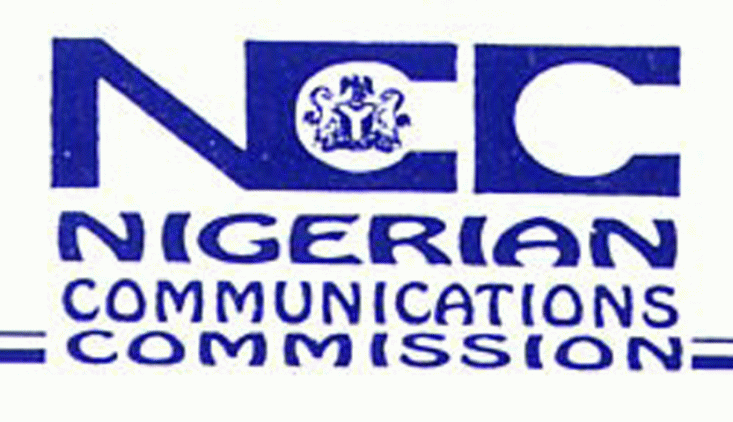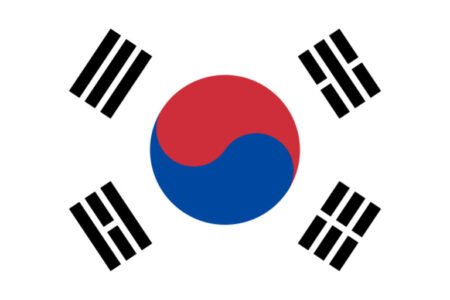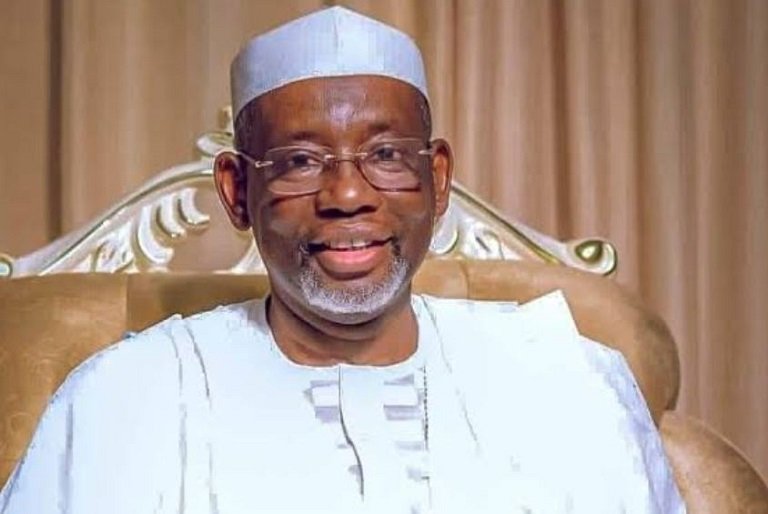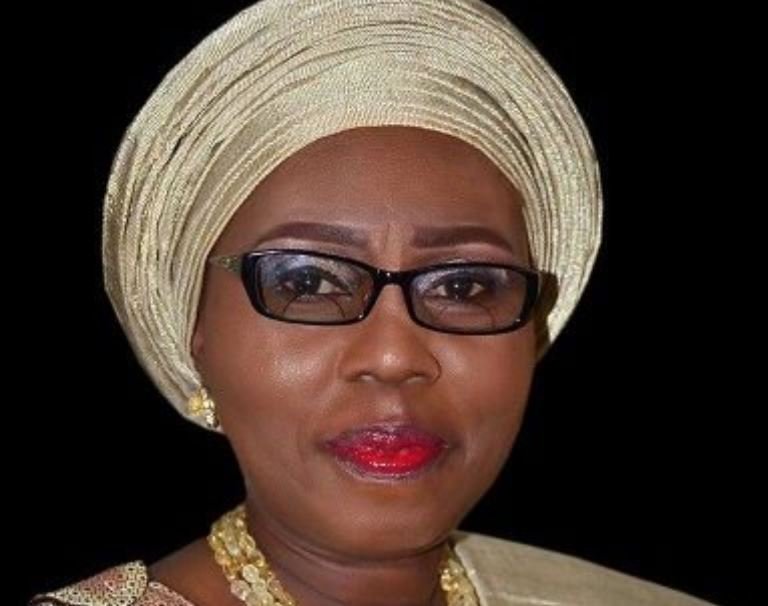
The Nigerian Communications Commission (NCC) and the Average Revenue Per User (ARPU) have released information that Nigerians spent N2.68trillion from January to October 2017 on airtime.
According to this data released by the two bodies, the Nigerian economy may be crashing, but Nigerians still managed to spend a massive amount of their income on airtime on their mobile devices, which they used to access both voice and data services from mobile network operators.
Nigerians purchased airtime across different platforms.
These platforms include the physical recharge card option, the virtual top-up (VTU) done through USSD code, subscribers’ bank accounts domiciled on mobile devices, vending on web-based platforms as well as on Automated Teller Machines (ATMs).
Most of these platforms have made it easier for Nigerians to quickly access recharge top up platforms from the comfort of their precise locations which may account for Nigerians spending more on airtime now more than ever.
READ: Driver allegedly kills boss, dumps body in septic tank
In January 2016 the active subscriber base on mobile networks stood at 1551 million active the estimated household spending on airtime stood at N285.6 billion.
In February and March 2016, when active subscribers stood at 154.1 million and N154.4 million and with the ARPU of N1842, the estimated consumer spending were N283.8 billion and N284.4 billion respectively.
Also airtime spending in April, May and June were estimated at N274.8 billion; N267.6 billion and N263.4 billion when active telephone users across different mobile networks seated at 149.2 million; 145.3 million and 143 million in that order.
Further, operators also raked in N256.2 billion and N256.7 billion in July and August as declining subscribers dropped to 139.1 million and 139.4 million.
By September and October, when active subscribers were 139.9 million and 140.7 million, the amount spent by these subscribers on airtime purchase were estimated at N257.6 billion and N259.1 billion respectively.











